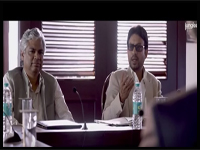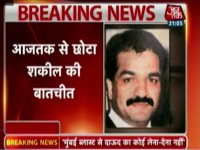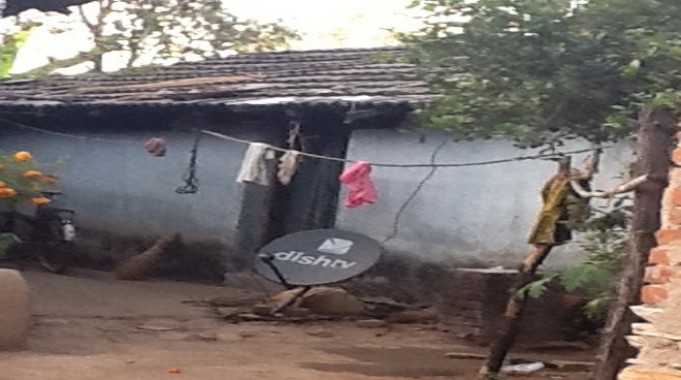BY SEVANTI NNAN|
IN ARCHIVE
|21/03/2016
As the December 13, 2001 Parliament attack accused S AR Geelani is acquitted by the High Court, it is instructive to revisit the reporting on his case,
BY SEVANTI NNAN|
IN MEDIA PRACTICE
|01/10/2015
“Tragic incidents give us a chance to look at our system - the different departments, how we deal with crisis.”
BY SEVANTI NNAN|
IN BOOKS
|16/08/2015
Each of these books is stunning for what it reveals, each is an indictment in its own way of this country’s police and investigation system.
BY SEVANTI NNAN|
IN MEDIA FREEDOM
|09/08/2015
Free speech champions support media freedom even when it errs on the side of excess.
BY SEVANTI NNAN|
IN MEDIA PRACTICE
|06/07/2015
If it cannot meet the information needs of the most deprived sections of the population, Prasar Bharati should not be in business,
BY SEVANTI NNAN|
IN OPINION
|07/08/2014
In assessing claims that Twitter has changed the way politics is practiced and the way journalists function, we need to remember a few things,
Subscribe To The Newsletter












